Elliot Carlyle of Here We Are is on a mission to give jewelers of color the visibility and resources they need to make their mark on the industry.
Elliot Carlyle’s cell is constantly ringing, and these days it’s not just fashion professionals who want his advice; it’s jewelers, too.
“They’ll hit me up: ‘Elliot, can we talk? I’m stressed,’” says the former executive assistant to Fern Mallis. In 1993, Mallis founded New York Fashion Week as we know it today while serving as executive director for the Council of Fashion Designers of America.
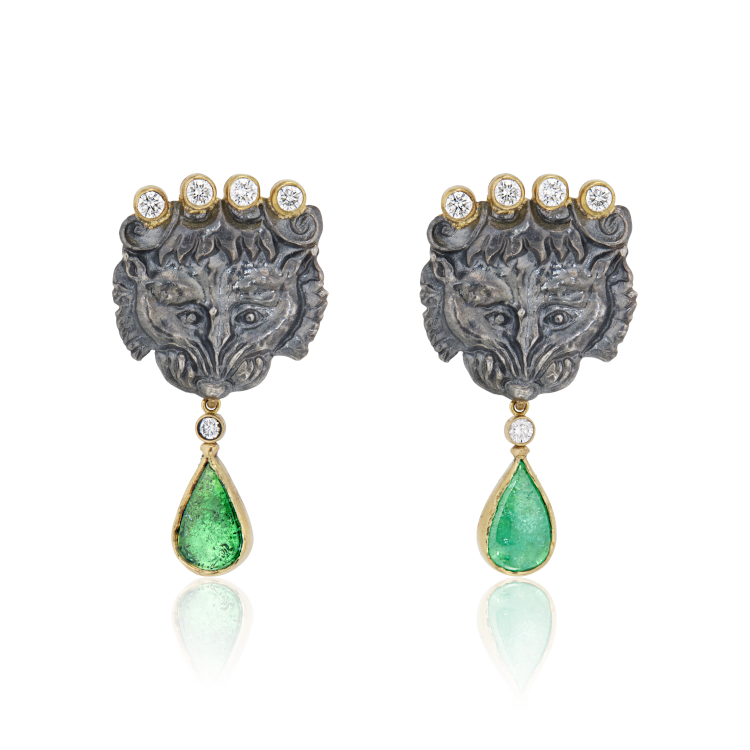
“Sometimes they just need encouragement; it’s not always complaining. Sometimes it’s really personal, you know, ‘I’m really doubting myself on this, I really don’t feel the confidence to do this,’” he relates.
The reason a select group of jewelers has Carlyle on speed dial is that he is the director of cultural diversity and inclusion at Here We Are (HWA), a program that New York City Jewelry Week (NYCJW) launched in 2019 to “address widespread inequity and a lack of representation in the jewelry industry through action and impact.” It does this by championing “diversity, inclusion, equity, representation, and allyship.”
It was a role that Carlyle somewhat fell into. “I’m an emerging jewelry professional,” he laughs. “I’m a C-suite executive with the people, but I’m still on the floor when it comes to the jewelry.”
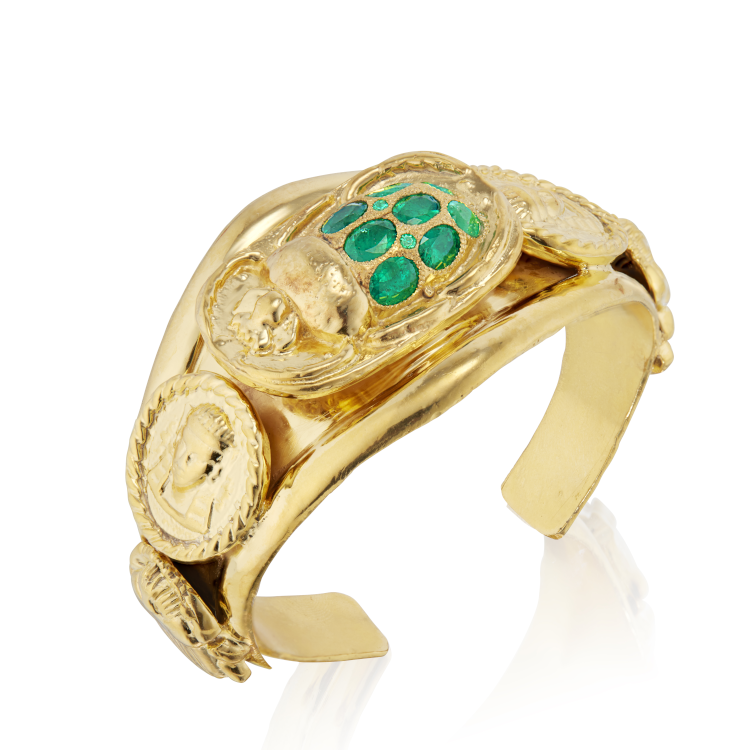
Aman Itomi cuff in 14-karat gold with Muzo emeralds. (Aman Itomi)
Carlyle was working with Mallis when NYCJW founders Bella Neyman and JB Jones dropped by the office in 2018 to seek Mallis’s advice on strengthening their platform. He was intrigued by their plans, and they all started to follow one another on social media. A post Carlyle made the following January — while he was in Atlanta, Georgia, hosting a brunch to celebrate the launch of his book The Influence Workbook: Trajectify Your Life — would bring them closer.
“I remember sitting at the head of the table, and there were so many different people there from all different walks of life — and I mean all different races, genders, sexualities, ages,” he recalls. “It was just beautiful, and we were having the most powerful conversation and exchange. Just about life and everything we’d been through and an exchange of, ‘This is how I’ve dealt with this’ or ‘This is my vision for this.’ I took a picture of the table, and I posted it, and I said, ‘This is what diversity is for me. It’s a way of life. It’s not a checkbox. It’s not an initiative; it’s the way we live in the world.’ A couple of days later, I got an email from JB, and she said, ‘Bella and I would like to meet with you.’”
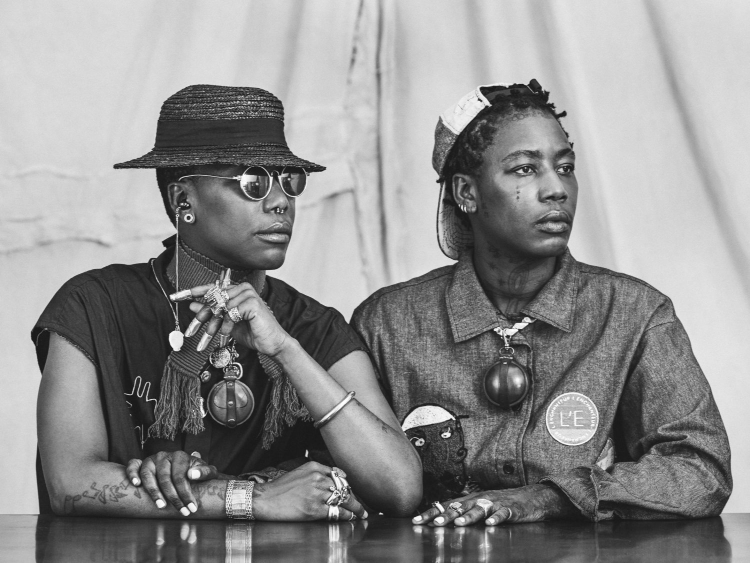
People person
The NYCJW founders shared their frustration at a lack of diversity in the jewelry industry, particularly among the sort of creatives and designers the event was set up to promote. They told him they wanted to fix it but needed his help. Initially, knowing little about jewelry, he balked — but as they pointed out, he did know people. Carlyle was sold on the vision, and the resulting collaboration would lay the groundwork for HWA.
The starting point was an informal meeting of jewelers of color in New York’s The Jewelry Library, a space on Broadway dedicated to hosting a rotation of jewelry events. “[It was] just to hear from them: what were their pain points; what they felt were strengths but also weaknesses; what were some obstacles or challenges that they haven’t been really able to overcome yet,” says Carlyle. “It was a really immense dialogue.”
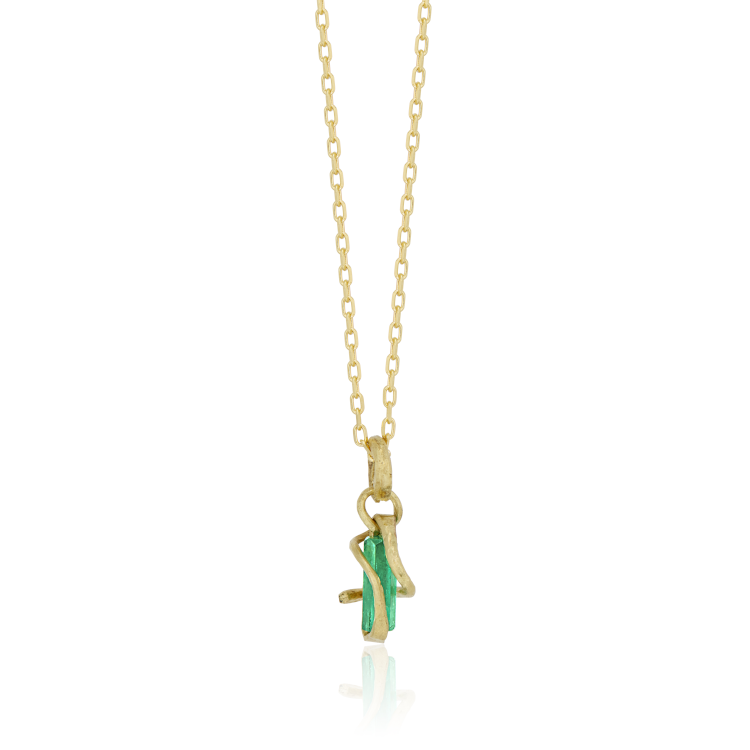
What he took home from that first meeting was a real need for visibility. There were designers of color out there, but who were they? And why were the majority of them still flying under the radar?
“[At the time], as a Black man, I couldn’t think of a Black jewelry designer that I knew,” he admits.
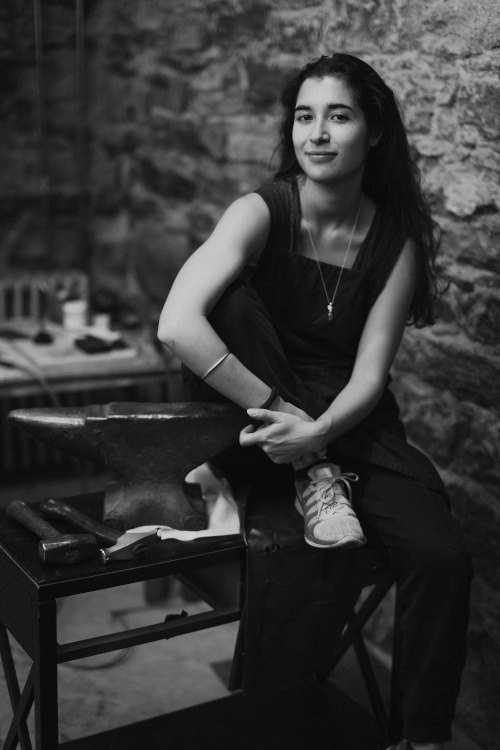
Worth a thousand words
To address this, one of the first projects under the HWA banner was a photo shoot to create a campaign that would project portraits of featured designers on a Times Square billboard during NYCJW 2019. The bright lights of the billboards were the stuff of dreams for designers who had felt underrepresented and unseen, but the shoot itself, which took place at shared jewelry workshop Brooklyn Metal Works, also proved beneficial in ways nobody had anticipated.
“We had scheduled all the designers to come by appointment so we could move all of them in and out,” recalls Carlyle. “Of course, you never know how it’s going to flow, and I’ve done a million of these kinds of shoots in fashion, so I was prepared for whatever. But one thing that was very interesting to me [was] the interaction [between] designers,” who hung around after their shoots to see who would come in next. “I started noticing that everyone was thrilled to meet each other.”
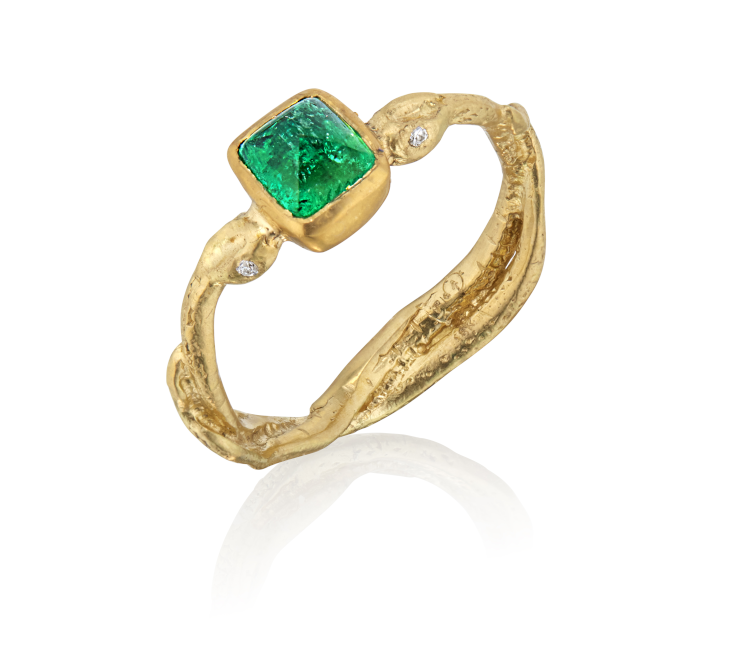
Many had followed each other online, but until that moment, there hadn’t been a space for them to meet. Lorraine West, a Brooklyn-based jeweler and Fashion Institute of Technology (FIT) alumna, was one of the designers involved in the shoot. She credits HWA with not only increasing her visibility — which has led to press coverage and sales — but also with establishing a much-needed community for jewelers of color.
“My wish to connect with a diverse jewelry community was answered,” she says. “Here We Are allows us space to learn and grow in a non-competitive, supportive environment. I’m proud to be a leader in the space, to inspire, share knowledge and wisdom of the craft and the business of jewelry among fellow peers and the new generation of jewelers.”
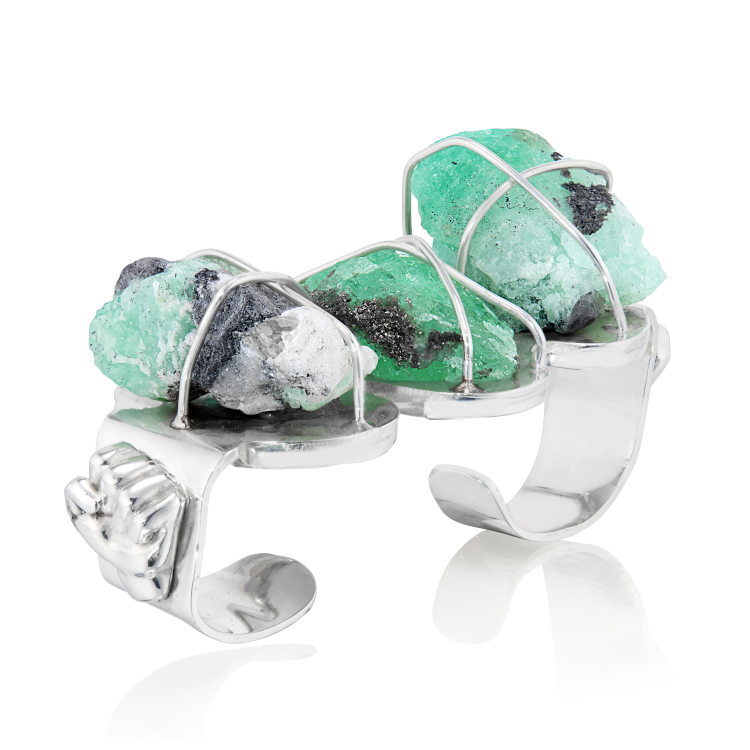
Spreading its wings
HWA has evolved rapidly in the four years since its launch and is now a multifaceted year-round program that is constantly seeking new ways to elevate its jewelers. It has its own awards that provide cash grants, which in the past have had the support of major brand David Yurman and component supplier Halstead. Each year, its residency scheme offers one New York-based jeweler from the Black, Indigenous, and people of color (BIPOC) community a free bench space at NoLo Studio in Brooklyn for 10 months, which includes access to tools and $1,000 credit from sponsor A and C Gem Trading Corp to buy materials. HWA has also collaborated with online retail platform 1stdibs to create a digital pop-up marketplace coinciding with NYCJW, featuring the work of designers such as Dominique Renée and Lisette Scott of Jam & Rico.
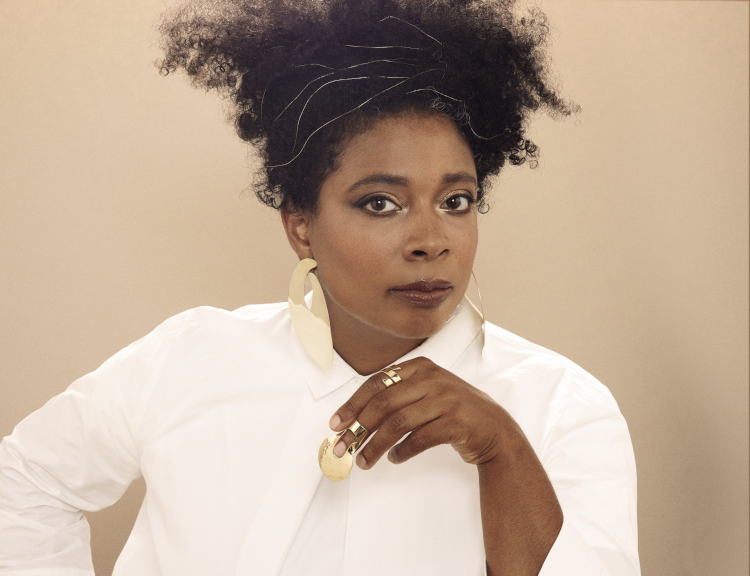
Education is also a key focus. The Jewelry Project, led by HWA outreach director Filecellia Sampson, is a virtual teaching series developed in partnership with the New York Board of Education to introduce high school students to career opportunities in the jewelry industry. Previous speakers have included prominent Black jewelry designers Jameel Mohammed of Khiry and Lauren Harwell Godfrey of Harwell Godfrey.
For those already in the trade, NYCJW launched HWA EDU last year in partnership with The Goldsmiths’ Centre in London. Through this collaboration, HWA jewelers can access virtual industry-led workshops originally created for the center’s Getting Started professional-development program.
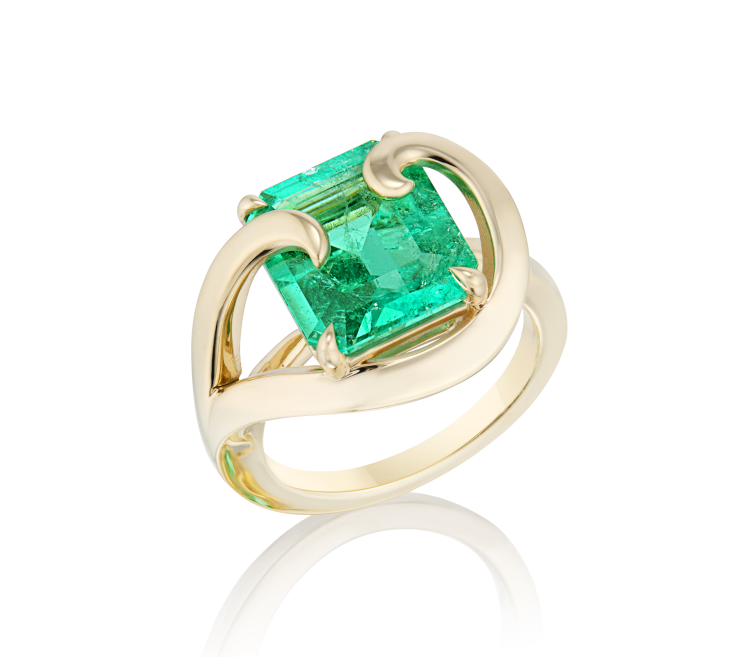
Emerging gems
The roster of initiatives is broad, and this is a conscious strategy, according to Carlyle. “[When we first started out,] I didn’t realize how segregated the industry was in terms of jewelry type,” he says. “That was an ‘aha’ moment. I was like, oh, so now we need to make sure there’s something in couture, in fine jewelry, in fashion… all of these arenas.”
One of the latest HWA collaborations, which launched during NYCJW in November 2022, was with emerald miner Muzo. Designers Aman Itomi, Ataumbi Metals, Ariana Embirikos, Harlin Jones, L’Enchanteur, Johnny Nelson and Made by Malyia were given free rein to design around the gems for a capsule collection that sold through New York retailer Greenwich St. Jewelers, Jennifer Gandia and Christina Gandia Gambale, the store’s founders, have been staunch supporters of HWA since its beginning.
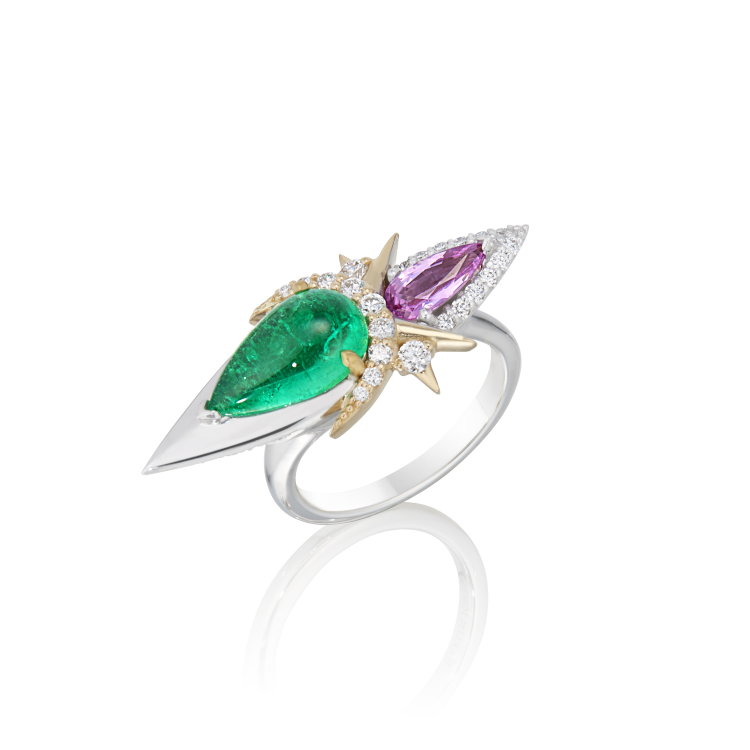
The capsule is diverse. Nelson wound 189 carats of highly included rough Muzo emeralds in silver to create a four-finger ring that is selling for $4,500. Itomi, meanwhile, set fine oval-cut emeralds into the shell of a scarab on a heavy 14-karat gold cuff with a retail price of $87,000.
“We have been fans of NYCJW since its inception, following along during its growth period and curious about how Muzo could be a part of it,” says Gabbi Harvey, Muzo’s head of business development. “Once we learned about the [HWA] initiative, we knew we wanted to get involved. The HWA program cultivates a diverse and inclusive culture and aligns with our ethos.” Muzo plans to continue the partnership in the coming years, Harvey says.
Carlyle is proud of how far the HWA initiative has come, but “there’s still a lot of work to do,” he emphasizes. He’d like to see HWA act as a more comprehensive incubator for emerging and under-the-radar talent — a program “that moves designers through the process from point A to Z, and also puts some money in their pocket.” This sort of program can be found in abundance in the fashion world, but less so in jewelry.
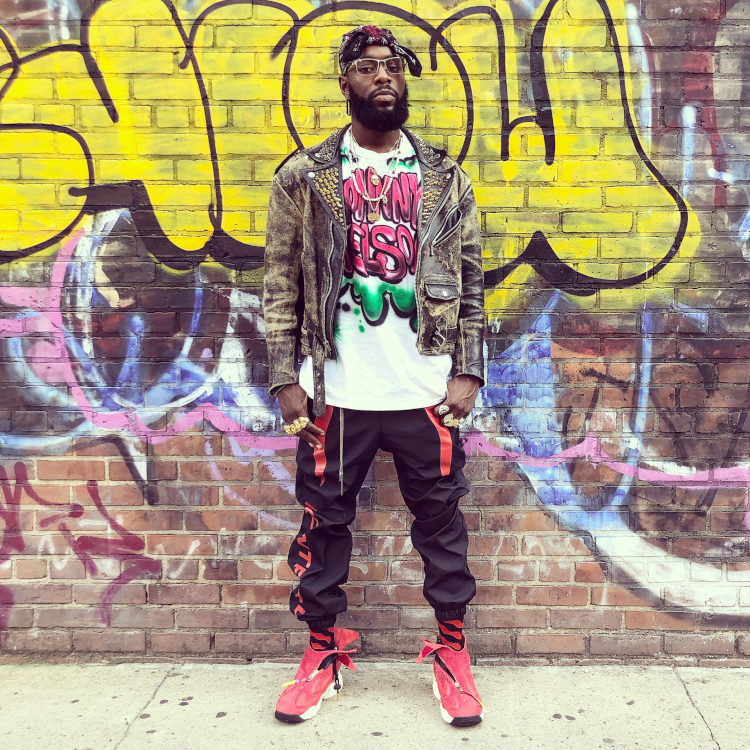
In the immediate term, Carlyle’s work, as he sees it, is to continue acting as champion and coach for underrepresented talent. His reward is to watch his charges bloom under the stewardship of HWA. One such talent is New York jewelry designer Angely Martinez, who co-authored a well-publicized open letter in 2020 calling to increase opportunities for BIPOC jewelers.
“I’d watched her really embrace insecurities and her doubts and challenge herself to step into arenas that, honestly, she’d never even felt qualified or prepared for,” says Carlyle. “I remember she used to be so shy, and she was afraid to speak up for herself. For her to stand for her values as a woman of color, it’s incredible to see.”
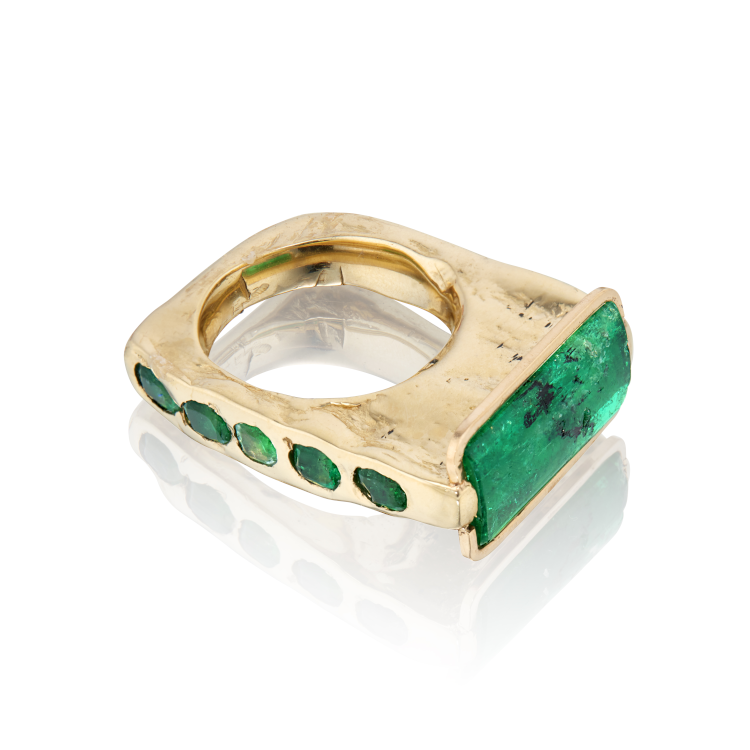
Main image: Elliot Carlyle, director of cultural diversity and inclusion at Here We Are. (Elliot Carlyle)

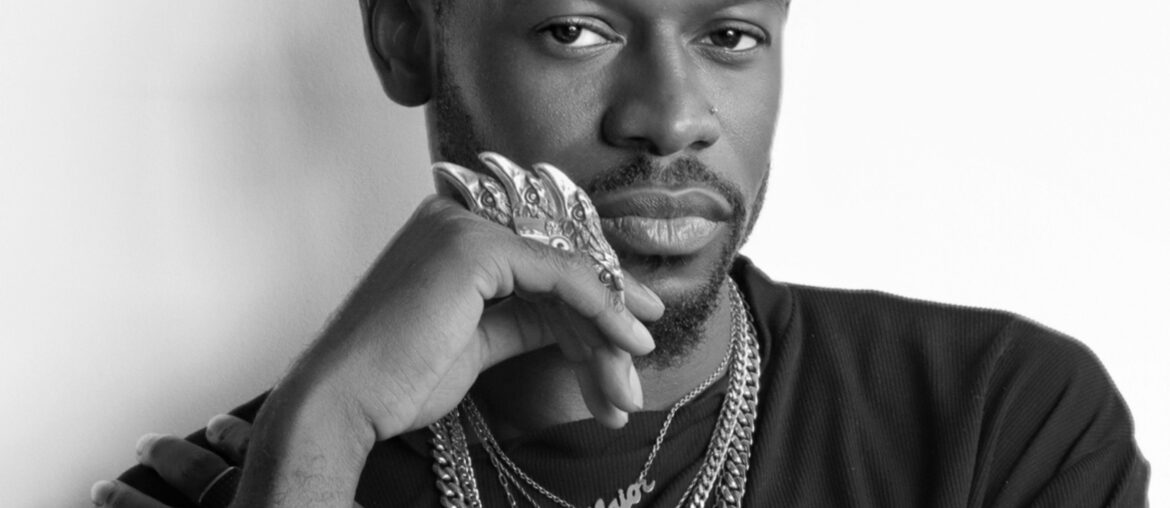
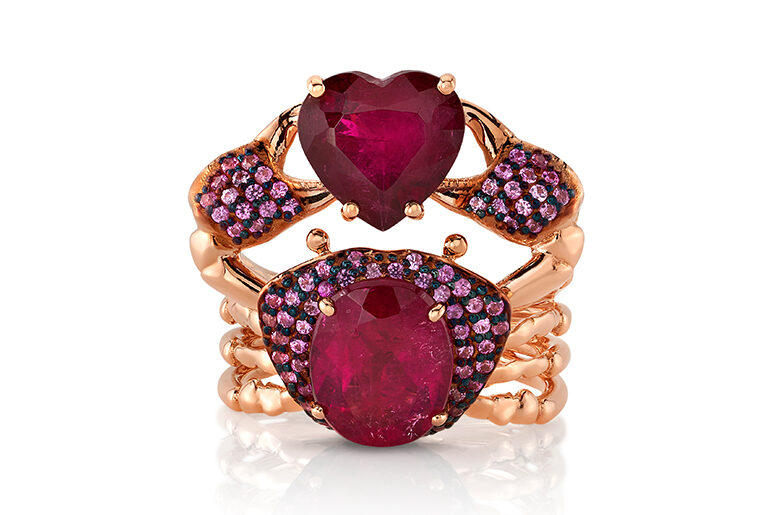
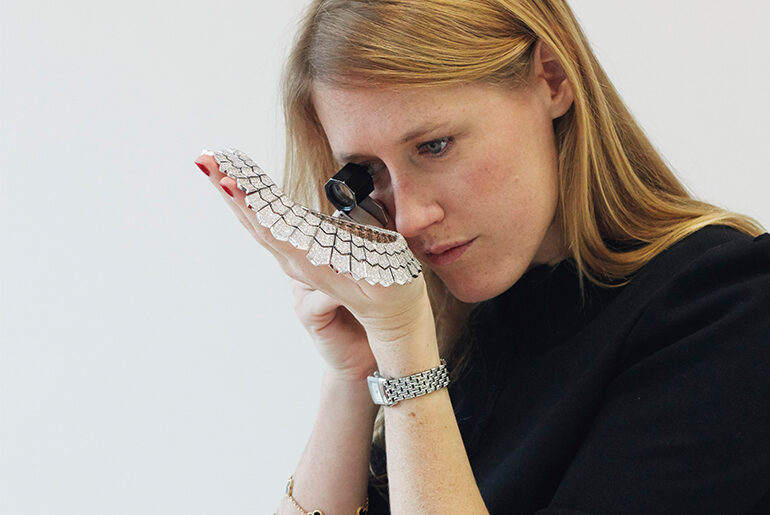
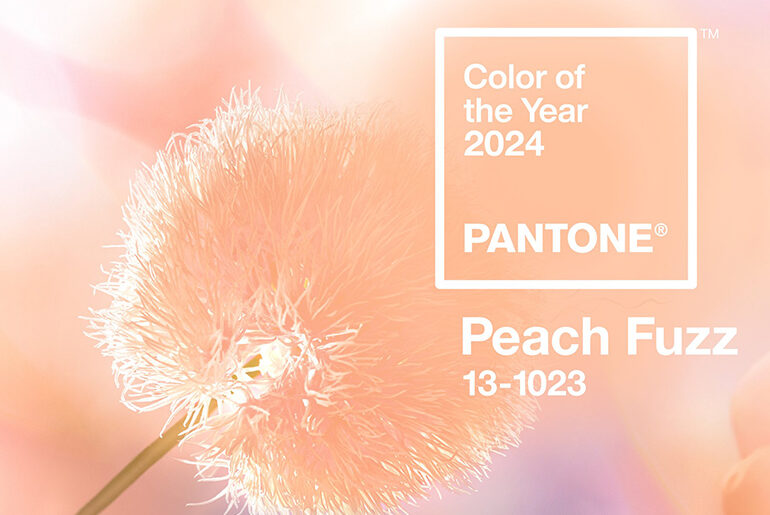
Comments are closed.